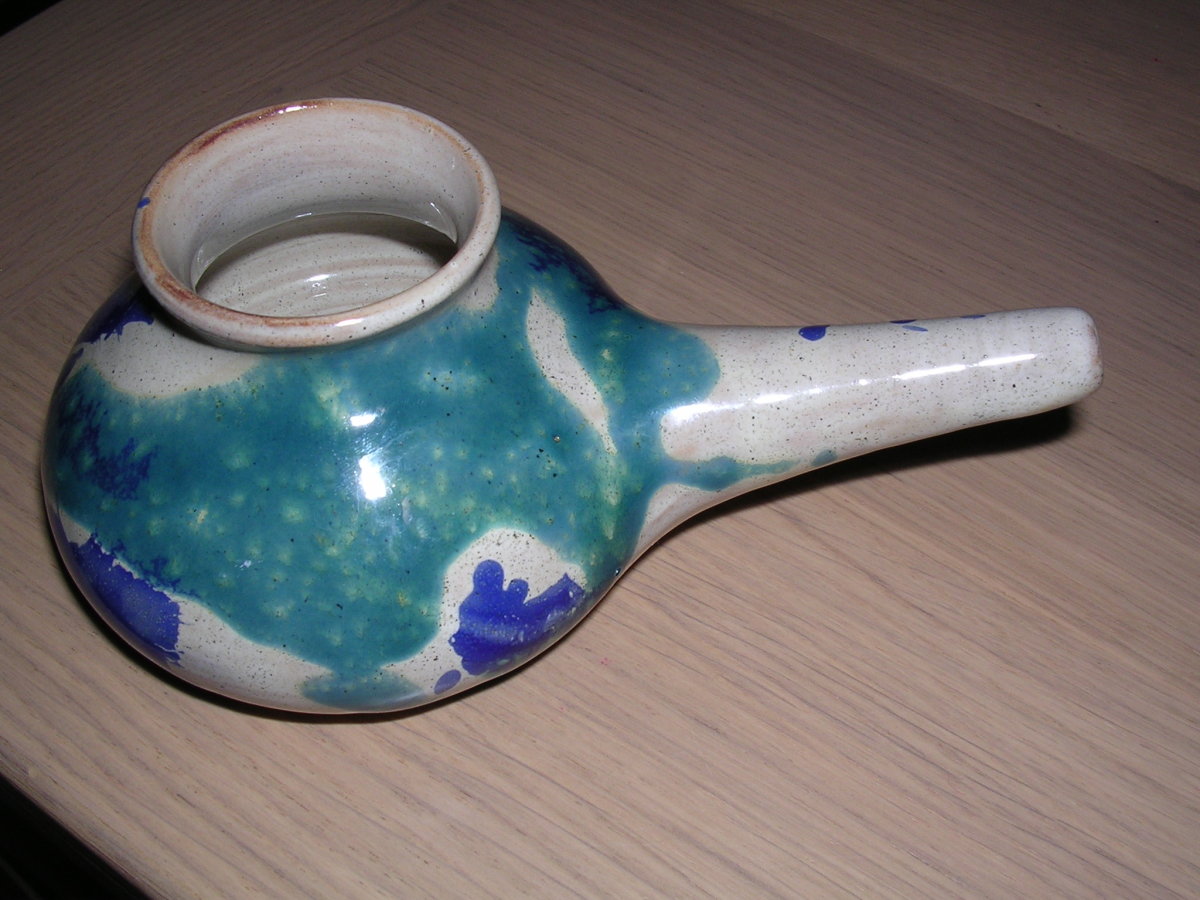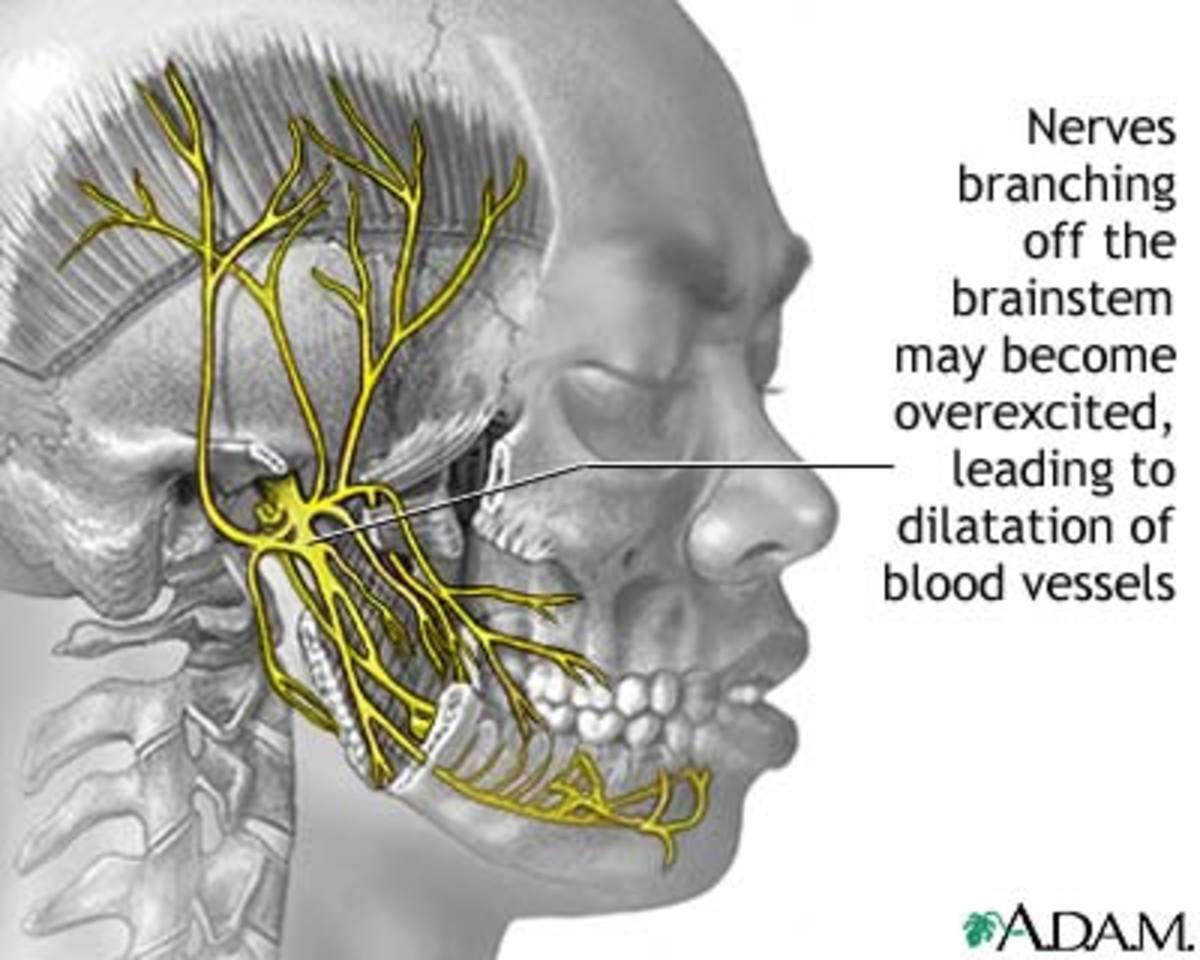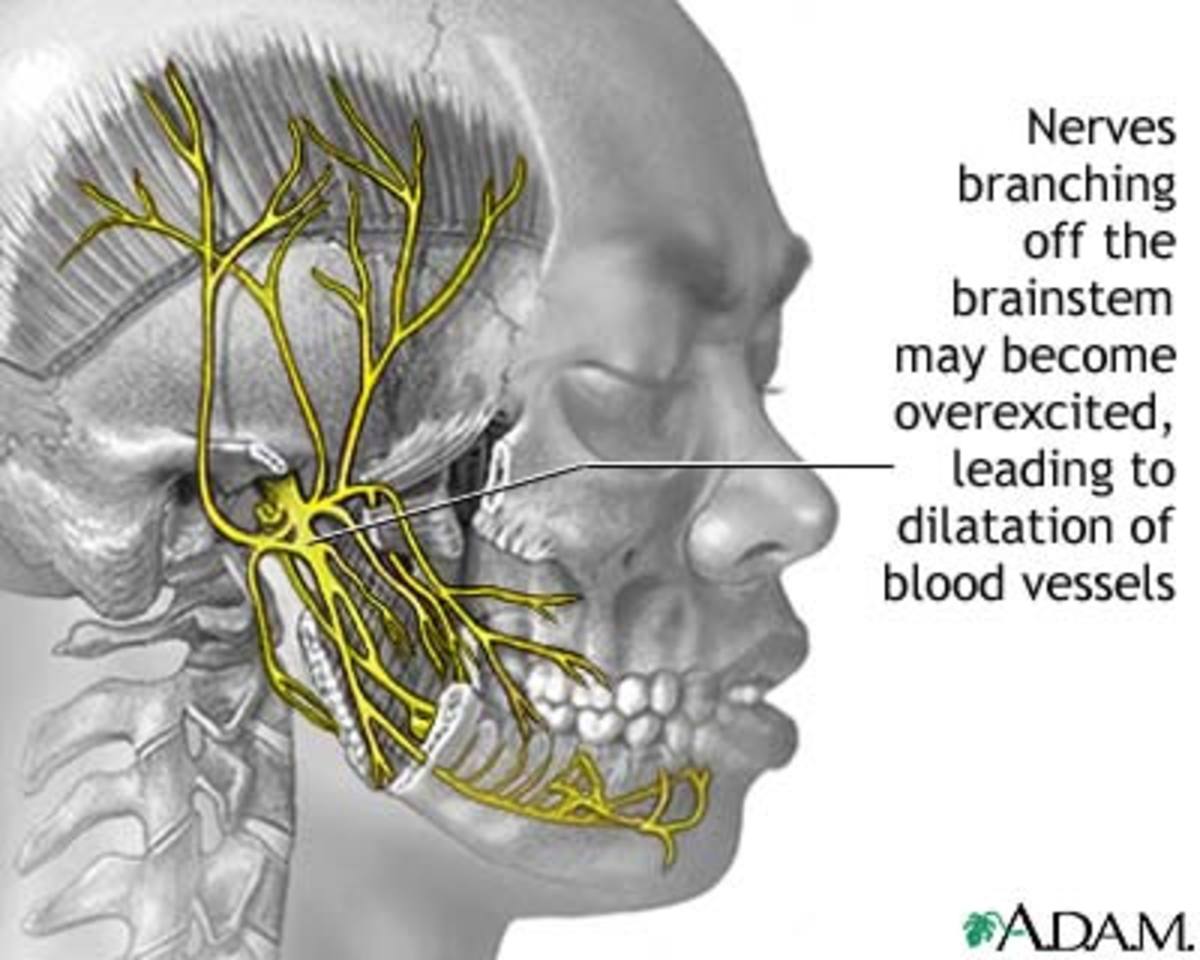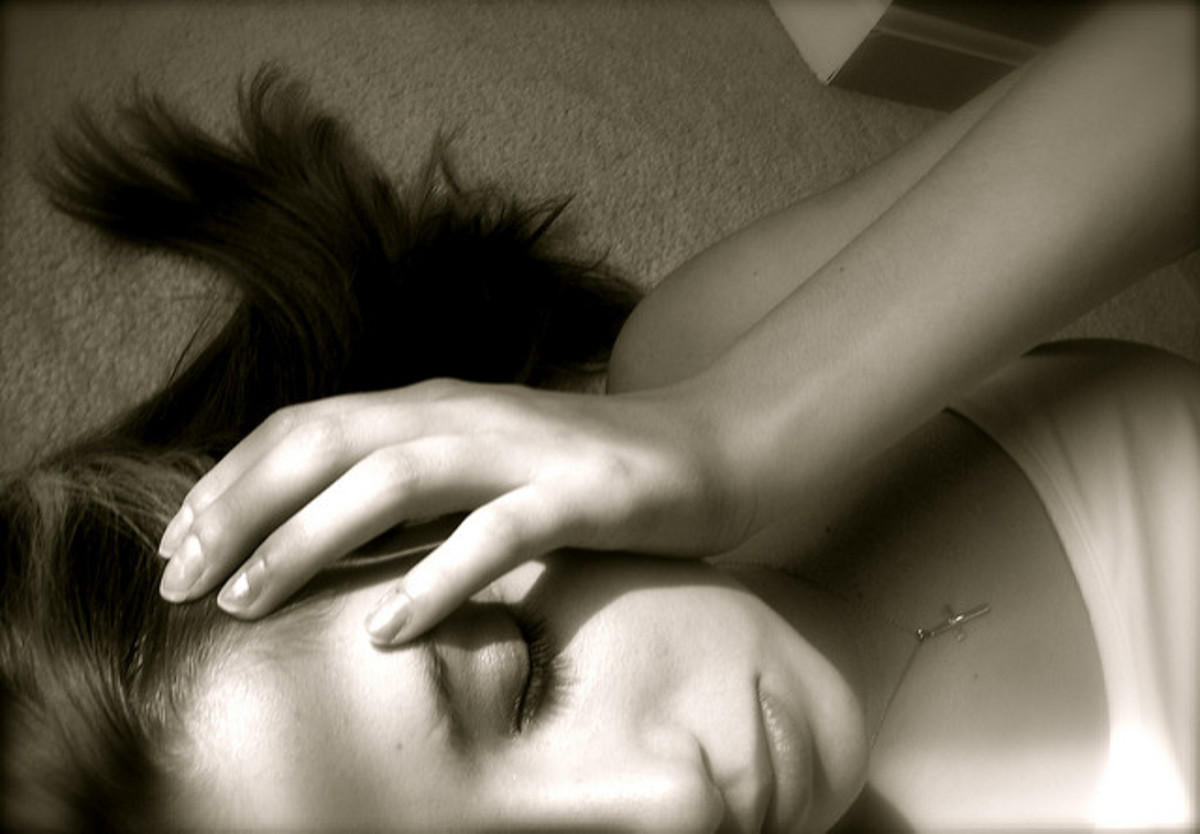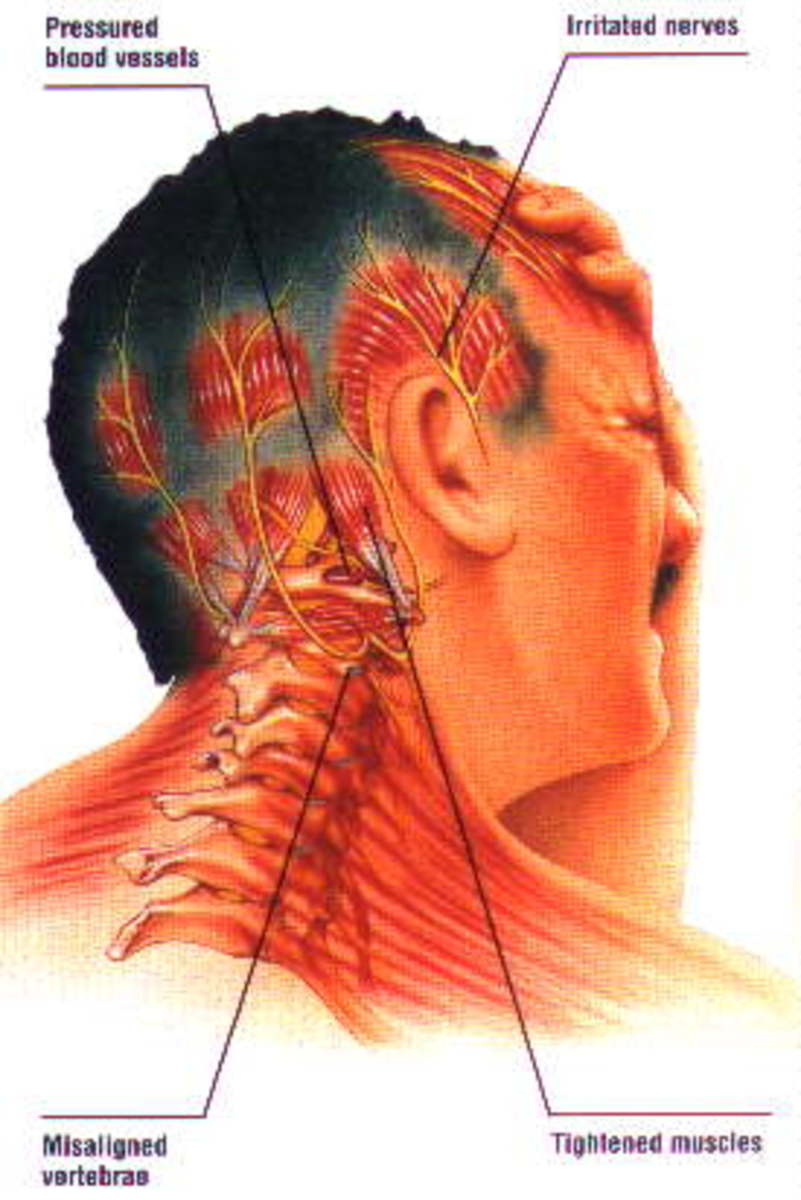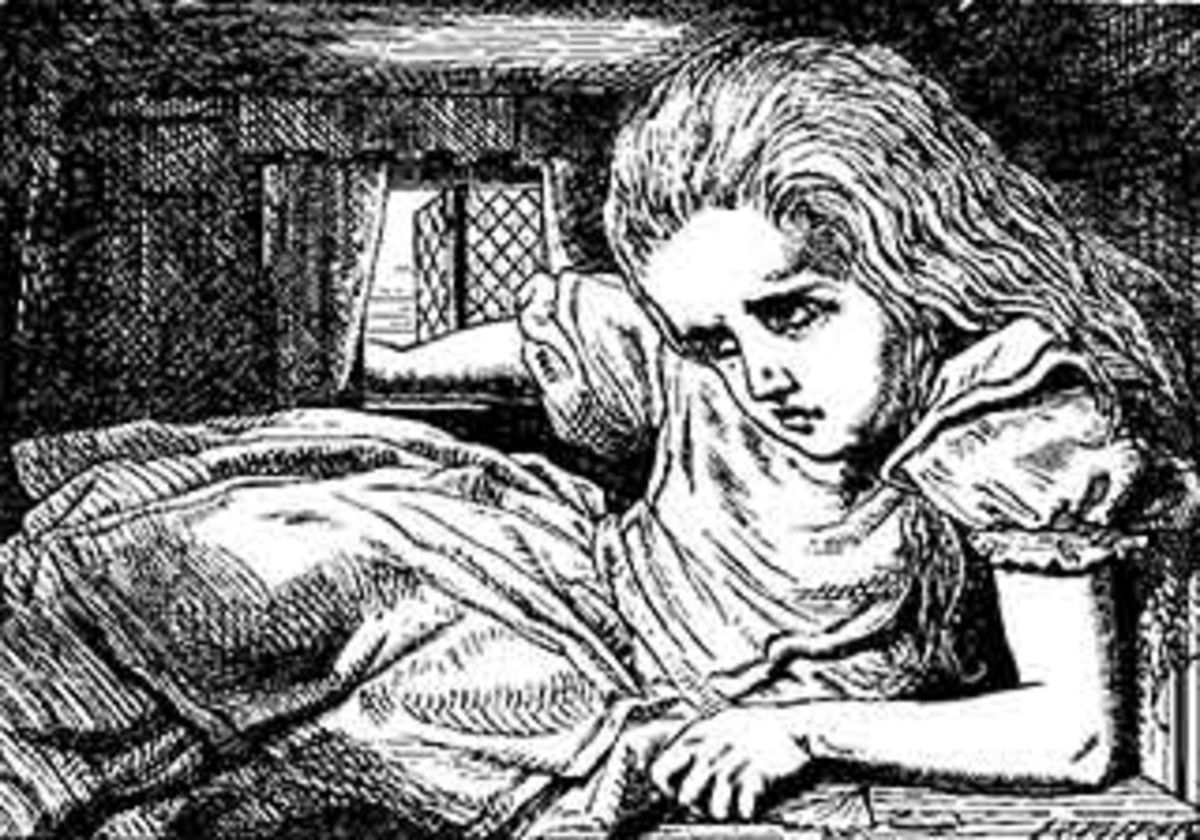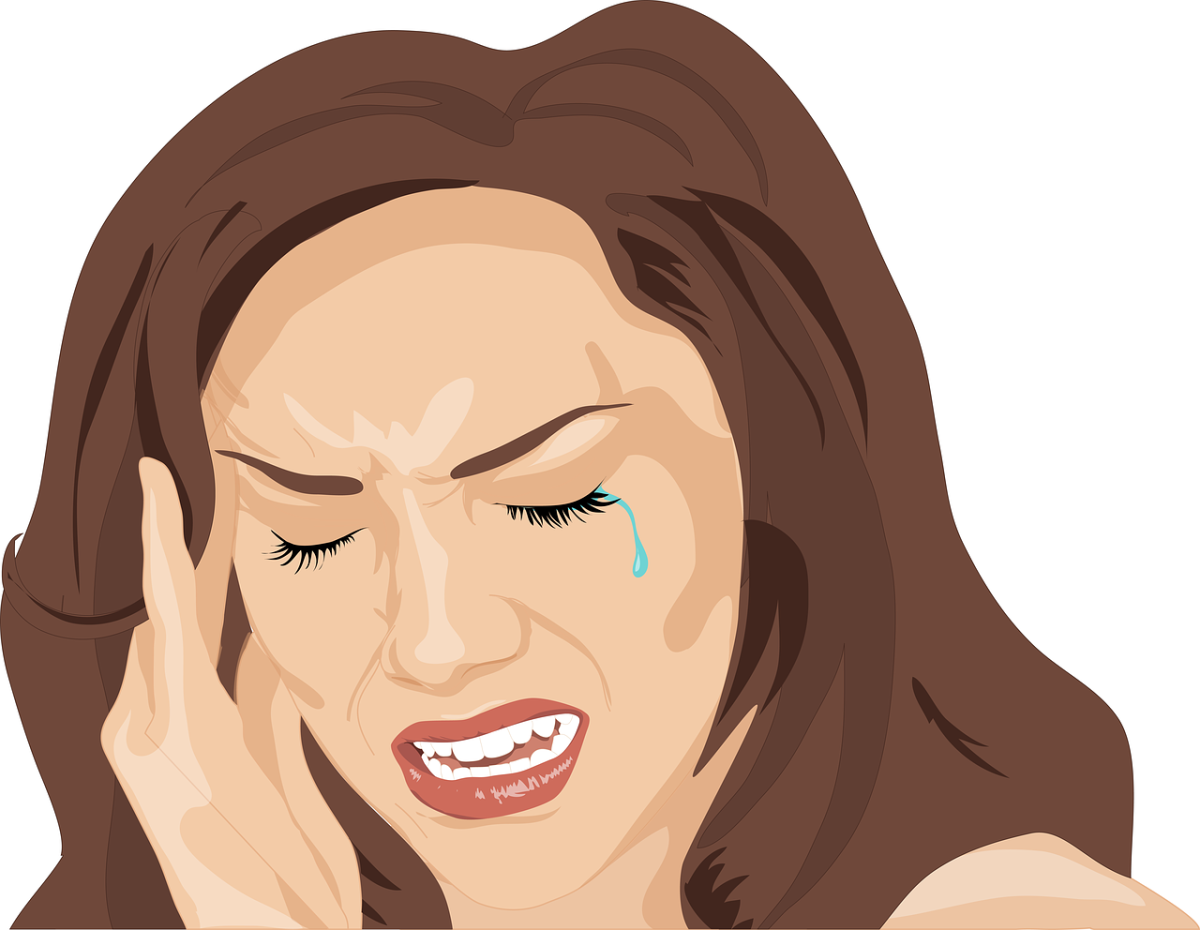Migraine 101: Migraine Symptoms, Causes, Treatment, and Prevention
What is migraine?
Severe headaches are sometimes called migraine by some people. Migraine is a type of headache that is associated with light sensitivity, sound and smell sensitivity that can cause a person to experience nausea and vomiting. Oftentimes, migraine is a splitting headache, occurring on one side of the head. There are also cases where migraine is experienced on both sides of the head. Migraine pain is described to be a pounding or throbbing headache and can worsen with activity.
Before a migraine reaches its peak, there is usually a warning to migraine sufferers, termed as aura. The aura can be symptoms such as flashing lights, numbness, and weakness. The aura can last for minutes or hours and will only be resolved when the migraine headache starts.
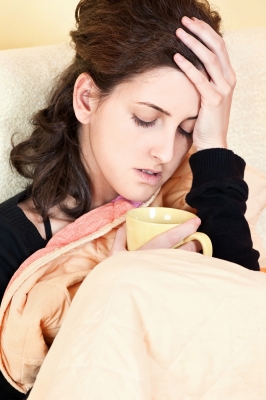
What are the common signs of migraine headaches?
Signs and symptoms of migraine may vary from person to person. Its intensity may vary from moderate to severe. Additional physical exertion can add to the pain. Some of the symptoms experienced by migraine sufferers are the following:
1. Light sensitivity
2. Sound sensitivity
3. Smell sensitivity
4. Onset of aura
Migraine pain is categorized as moderate to severe with regard to intensity. There are no physical findings specific to people who are suffering from migraine headaches. In case there is an abnormality in the findings, additional probe should be done as something else might be causing the migraine headache.
If you are are a migraine sufferer, have you experienced aura?

What causes migraines?
The cause of migraine is not really determined. However, it is said that there can be imbalance in neurotransmitters, chemicals, or hormones. Changes in any of these can cause a migraine headache to develop.
There are also some triggers that may or may not be applicable to an individual:
Environmental Triggers:
1. Weather changes
2. Bright lights
3. Flashing lights
4. Strong smells
Food / Drinks:
1. MSG
2. Alcohol
Hormones:
1. Menstruation
2. Birth control pills
3. Menopause
Lifestyle:
1. Irregular sleep schedule
2. Stress
3. Prescription drugs
4. Sleep problems
5. Too much or too little sleep

What is the treatment for migraines?
There are various treatments for migraines depending on the frequency and the length of the migraine headache.
Some over-the-counter medicines can be used to treat migraine such as acetaminphen or ibuprofen. Triptans can also be effective in treating migraine headache. However, it is important to know if you are allergic to one drug.
The best thing to do is to visit your health care provider before you take a drug.
How to prevent migraine headaches
1. See your health care provider for assessment.
2. Identify the things that trigger your migraine and avoid it.
3. Identify the medication that works for you.
4. Keep track of the activities that may be a precursor to your migraine.
© 2014 goddess888



